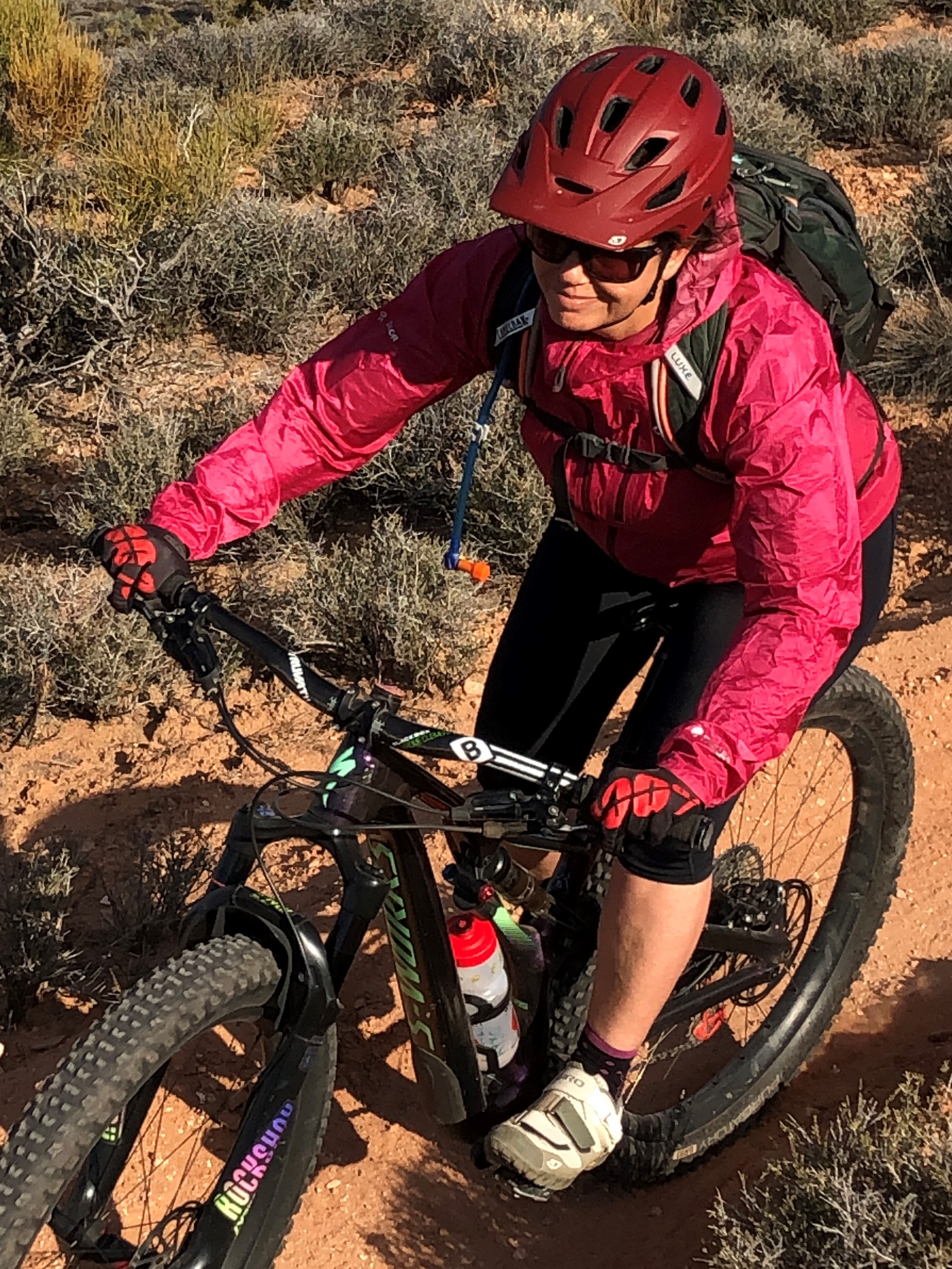Some information may be outdated.
Economic diversity in Moab has long been an important goal of our community. During these challenging times, many industries, communities and governments are working to find ways to recover with improved systems and prospects that will benefit everyone. Moab has an opportunity to do just that, but first we must examine our strengths and weaknesses to determine where our best opportunities lie.
We know our public lands attract visitors from around the world, and as we mature as a world-class destination, we also know quite a bit about all the challenges of a tourism-based economy. Some believe that the best way to diversify would be to take a page from Moab’s history and encourage resource extraction in the form of oil and gas development. There are many reasons why this may not be our best investment.
The long-term outlook for oil and gas is troubling. While we are all dependent upon it now, more and more alternative sources of energy are coming online as climate pressures mount. In addition, current supplies of oil and gas are at an all-time high while demand is at an all-time low. And perhaps most important in the short term, additional industrial development on our public lands is likely to degrade our air quality, increase industrial traffic and generally undermine the incredible natural experiences that are the backbone of our current economy.
Any diversification efforts need to complement our current tourism-based economy, not threaten it—and diversification must incorporate up-and-coming needs, not be tied to a declining industry like oil and gas.
Instead, we should look at more promising opportunities and learn more about how other public land communities are succeeding in attracting diverse companies: places like Bozeman, Montana, or Bend, Oregon, or as close to us as Fruita, Colorado. Experts from the economist Ray Rasker to the Federal Highway Commission tend to focus on five key factors that help rural communities diversify their economies.
First, a community surrounded by public lands needs to maintain strong partnerships with its local land managers. The success of both the Sand Flats Recreation Area and the Trail Mix committee are great examples of these partnerships. Plus both the city and the county recently became official cooperating agencies with the BLM on future oil and gas lease sales. Moab has a long history of solid cooperation with all our local land managers and it behooves all of us to maintain and expand these partnerships, as access to our public lands is why most of us live here and why others are likely to want to bring their businesses here.
Second, successfully recruiting diverse businesses appropriate for our community also depends on access to air travel. Our airport director Andy Solsvig reports that Canyonlands Field just renewed a three-year contract in July to ensure flights continue.
Thirdly, it is essential that residents have access to high-quality internet. While service in Moab has improved, widespread access needs to be developed further if we are serious about diversifying our economy.
As a fourth component to diversifying, there is housing. Grand County, the City of Moab and local nonprofits have been working hard to increase the availability of affordable housing. The Housing Authority of Southeastern Utah has finished the MAPS senior living development. In the future, the City of Moab will begin a new housing project on Walnut Lane. The 300-unit development at Arroyo Crossing created by the Moab Area Community Land Trust will include many different types of housing arrangements.
Lastly, schools are critical for attracting businesses looking to locate near the great outdoors. Our new Grand County Superintendent Taryn Kay is a longtime resident and a consummate professional, but it is up to the public to support our schools, our school board, our administrators and our teachers to create schools we can all be proud of—especially in these challenging times.
By working to enhance and improve these categories we will naturally increase our opportunities to attract strong businesses with long-term prospects who seek to locate in a place with high quality of life and incredible outdoor access, like Moab.
Ashley Korenblat is CEO of Western Spirit Cycling in Moab and a managing director at Public Land Solutions.
Appreciate the coverage? Help keep local news alive.
Chip in to support the Moab Sun News.



